WASHINGTON (Army News Service, March 30, 2010) -- The Army's Sexual Harassment/Assault Response and Prevention program began its third annual summit in Arlington, Va., Monday, with Army leaders urging commanders to help stop the crime.
"Sexual assault not only hurts its victims physically and emotionally, it tears at the moral fiber that gives our Army, our team, its strength," said Lt. Gen. Thomas P.
Bostick, deputy chief of staff of the Army for personnel, G-1. "The crime of sexual assault is fundamentally against our warrior ethos."
Begun in 2008, the SHARP program held its first summit that year, with a focus on gaining Army leadership commitment and an introduction to the "I. A.M. Strong" campaign. "I. A.M." in the SHARP slogan stands for intervene, act, and motivate -- calls to action the Army hopes Soldiers will follow if they witness a sexual crime or inappropriate behavior.
Now in its second strategy phase, the focus of the program has shifted to educating Soldiers about their moral responsibility in reporting these crimes.
"We can and we will succeed in this effort, because Soldiers take care of Soldiers," said Secretary of the Army John McHugh. "As an institution, we will only get better when every one of us considers this initiative his or her daily mission."
With an end goal of achieving cultural change and greatly reducing the percentage of sexual assaults that occur, the Army recognizes that sexual assault is a national problem, and is doing something about it.
During the 2009 SHARP summit, former Secretary of the Army Pete Geren explained why the Army is taking steps to reduce the presence of sexual crimes.
"It's a problem that we in the Army are going to address because in the Army we are different," Geren said last year. "We're going to eradicate sexual assault from the life of our Army, and we are going to do it because we are a values-based organization. That's what sets us apart from the rest of society."
The Army is leading an attempt to reduce sexual assault within its ranks, to a level that Sut Jhally, a professor of communications and presenter at the summit, said has not been attempted by any other organization.
For example, the Army launched its I. A.M. Strong campaign by populating bases with SHARP posters and banners, hired a duo of actors for a tour called "Sex Signals," to travel to Army installations and engage Soldiers in a tough topic through comedy, and boosted its Criminal Investigation Command resources by hiring and training additional sexual assault investigators.
Carolyn Collins, chief of the Army's SHARP program, said the goal for the conference was to bring together Soldiers that represent a cross-section of the Army, so they can take what they've learned back to their units.
"All of our campaign is about preventing the crime before it occurs," said Collins. "We're looking at the influence of society, both in music, in TV, and the Internet and other areas on this crime."
Bostick said that all members of the Army should have at their core a gut-reaction against sexually offense language and gestures as well as assault.
"We must educate our Soldiers not only to adhere to the law, but to believe that it is their duty to prevent this crime before it ever happens," he said.
Bostick said he needed the help of Army leaders in order to make the program successful, and that he wanted to maintain the campaign's momentum.
"Think about this over the next several days," challenged Bostick. "How will you hold your units accountable to gain ownership of this sexual assault prevention phase' How will you measure' How will you know that you've achieved ownership'"
Throughout the next few days, summit participants will hear from the Criminal Investigation Command, Office of the Judge Advocate General, Army Center for Substance Abuse, a subject-matter expert panel, and will take part in training sessions.
Related Links:
Related story: Casey, Dunwoody focus on preventing sexual assault
Sexual Harassment/Assault Response and Prevention (SHARP) program
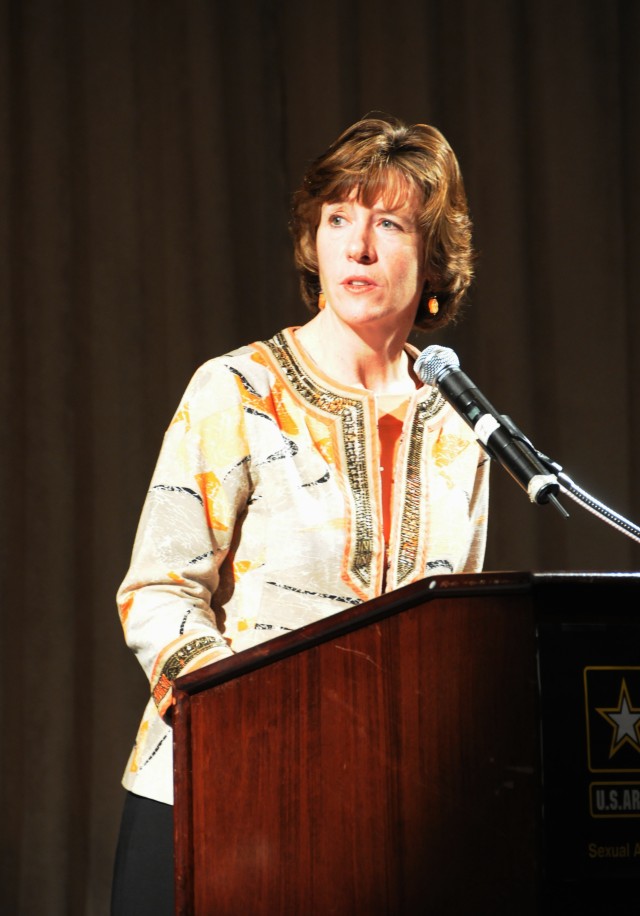
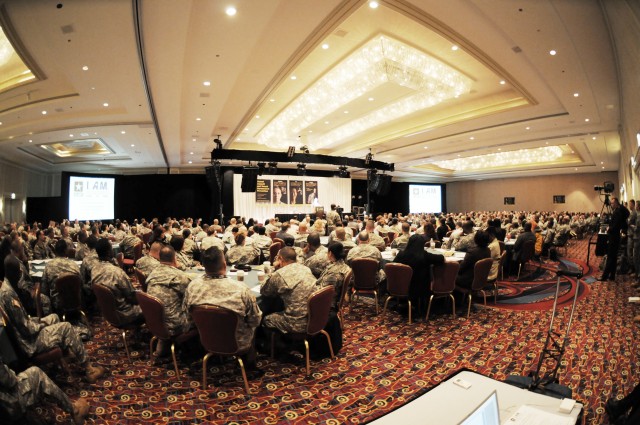
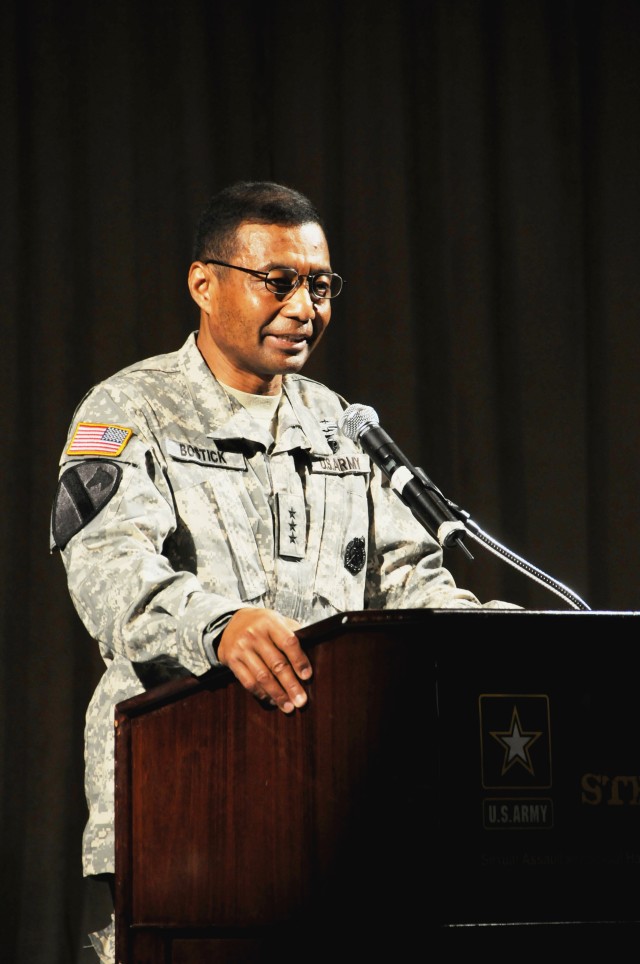
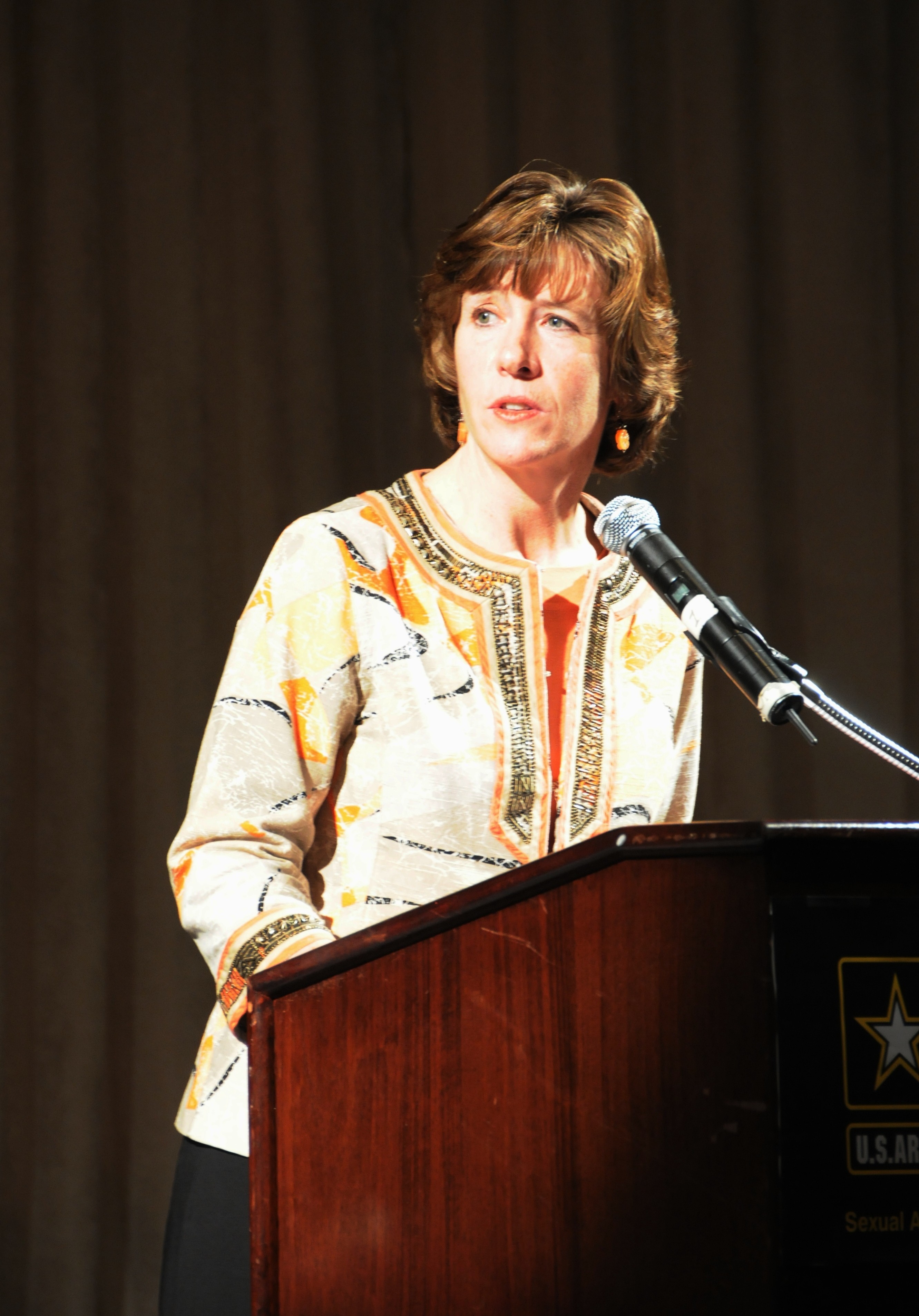
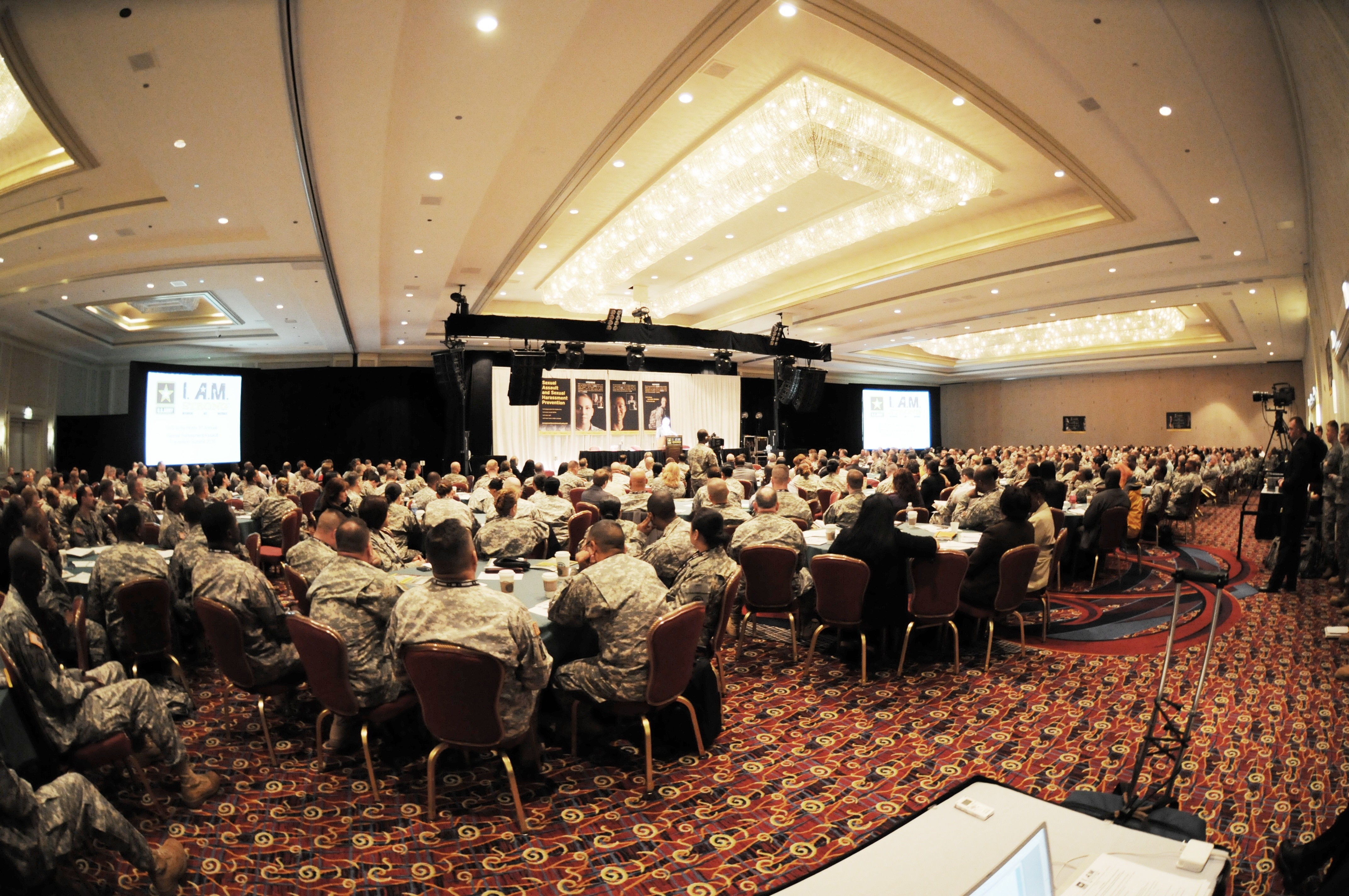
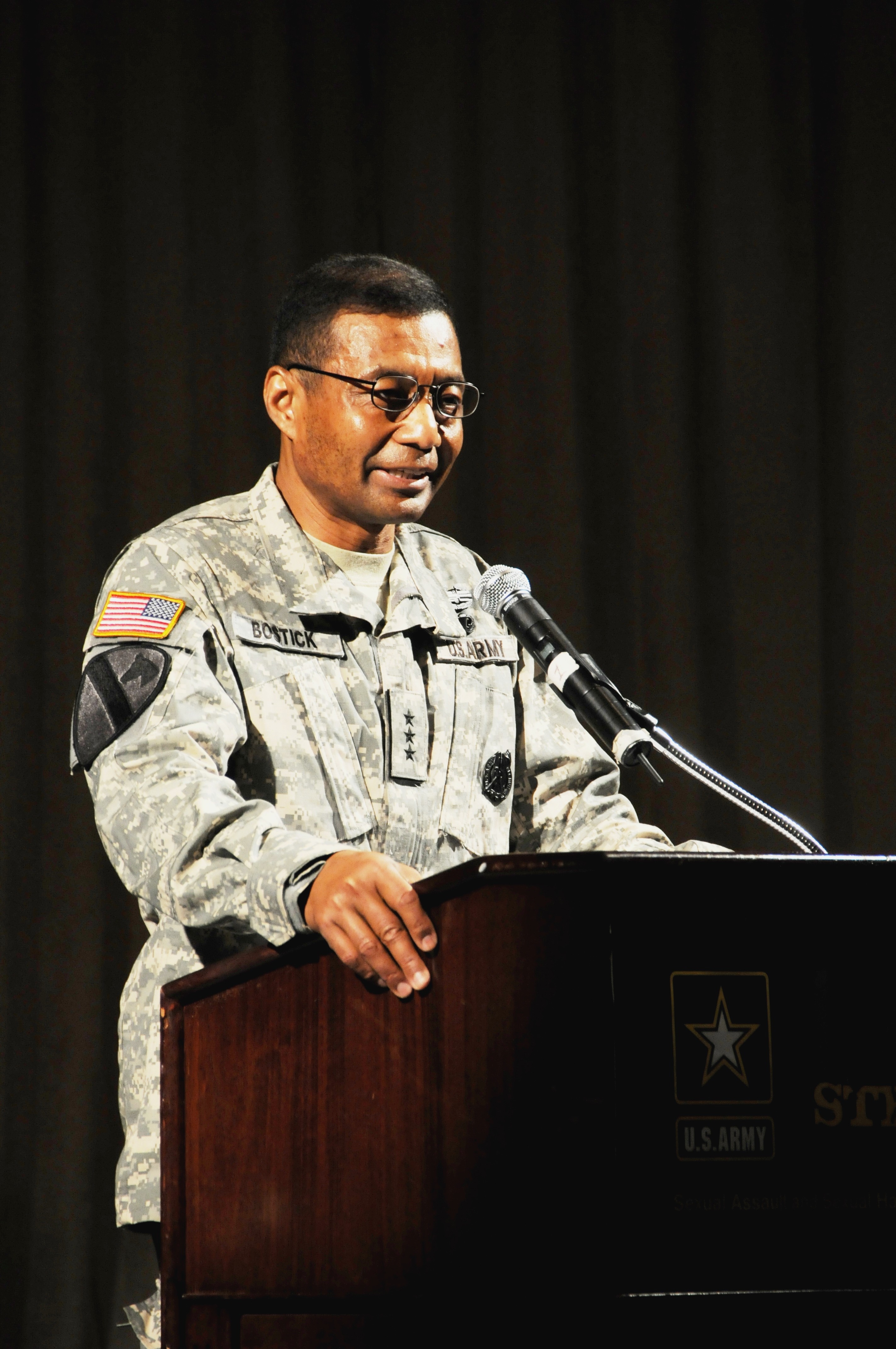
Social Sharing